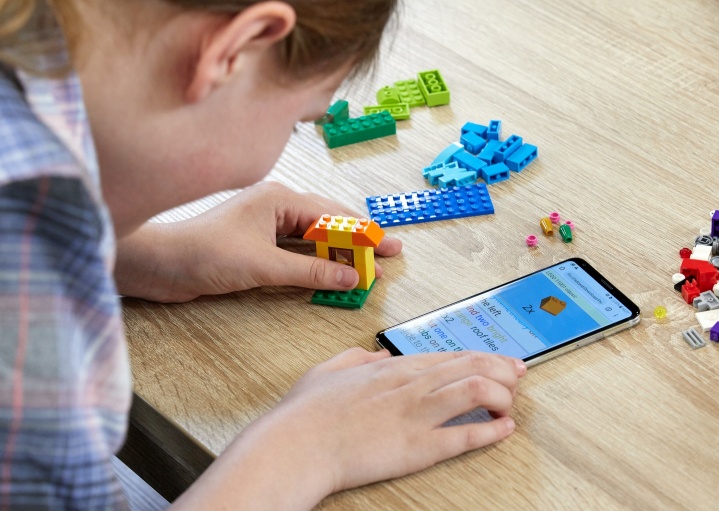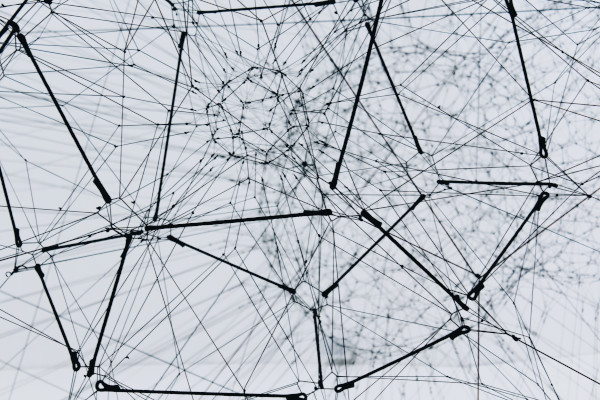Research areas
Language Technology

Since the founding of OFAI in 1985, natural language processing has been one of OFAI's core research fields including text processing such as part-of-speech tagging, stemming, sentence splitting, morpho-syntactic analysis, semantic analysis employing lexicon- and thesaurus-based as well as machine learning/deep learning-based methods and various kinds of text mining and text summarization approaches.
Apart from text processing, OFAI also works on speech processing and natural language generation. As regards speech processing, OFAI has worked on speech synthesis with a focus on local varieties such as Viennese variants, and on customizing automatic speech recognition systems for specific domains and language varieties. As regards natural language generation, OFAI has built solutions for generating text from abstract data, such as transforming the numerical output of weather model calculations into weather forecast texts, or generating verbal building instructions for Lego models.
Machine learning

Machine Learning (ML) algorithms can be used to automatically create models that describe interactions between variables in data by processing and digesting a (usually large) data set. Once a model has been trained, it can be used to infer the value of unknown variables or represent the conditional distributions of variables. Deep Learning methods are approaches where neural networks and other algorithms based on differentiable representations are used for creating those models. At OFAI, research has been conducted on both classical and deep learning methods as well as on the use of these methods for solving problems in Natural Language Processing, such as filtering of forum posts in online media and user content moderation, sentiment analysis, semantic analysis of domain-specific content e.g. medical briefings or juridical texts, etc.)
Robots and Cobots

With the progressive improvement of sensor systems and the increasing interest in flexible and versatile robots in industry, OFAI's work on artificial agents and multimodal interaction has extended from social robots at home to collaborative robots (cobots) in industry. In particular, we research methods and techniques for embodied artificial systems aka robots that are able to interpret human behaviours, to generate behaviours that can be read by humans, and to learn from observation of and interaction with humans in joint situations.
Companion Technologies:
Virtual Agents and Social Robots

For decades, OFAI has been working on artificial companions, comprising chatbots, lifestyle and health companions, and social robots.
- Chatbots We research and custom-develop chatbots for domain-specific, task-oriented communication, for social talk and small talk, as well as for emotionally loaded communication, and their combinations.
- Companions are artificial agents (virtual or robotic) that are designed to communicate with and support their human users e.g., in medically induced exercising, in operating their smart homes, in training their cognitive capabilities, in keepin gup their social contacts.
- Social robots are robotic companions that communicatively interact and support their users in everyday life, such as haushold robots or robotic wheelchairs.
We provide exptertise in: natural language processing, dialogue modelling, modelling and understanding of multimodal behaviours, customization of automatic speech recognition, speech synthesis, machine learning, human-computer and human-robot interaction.